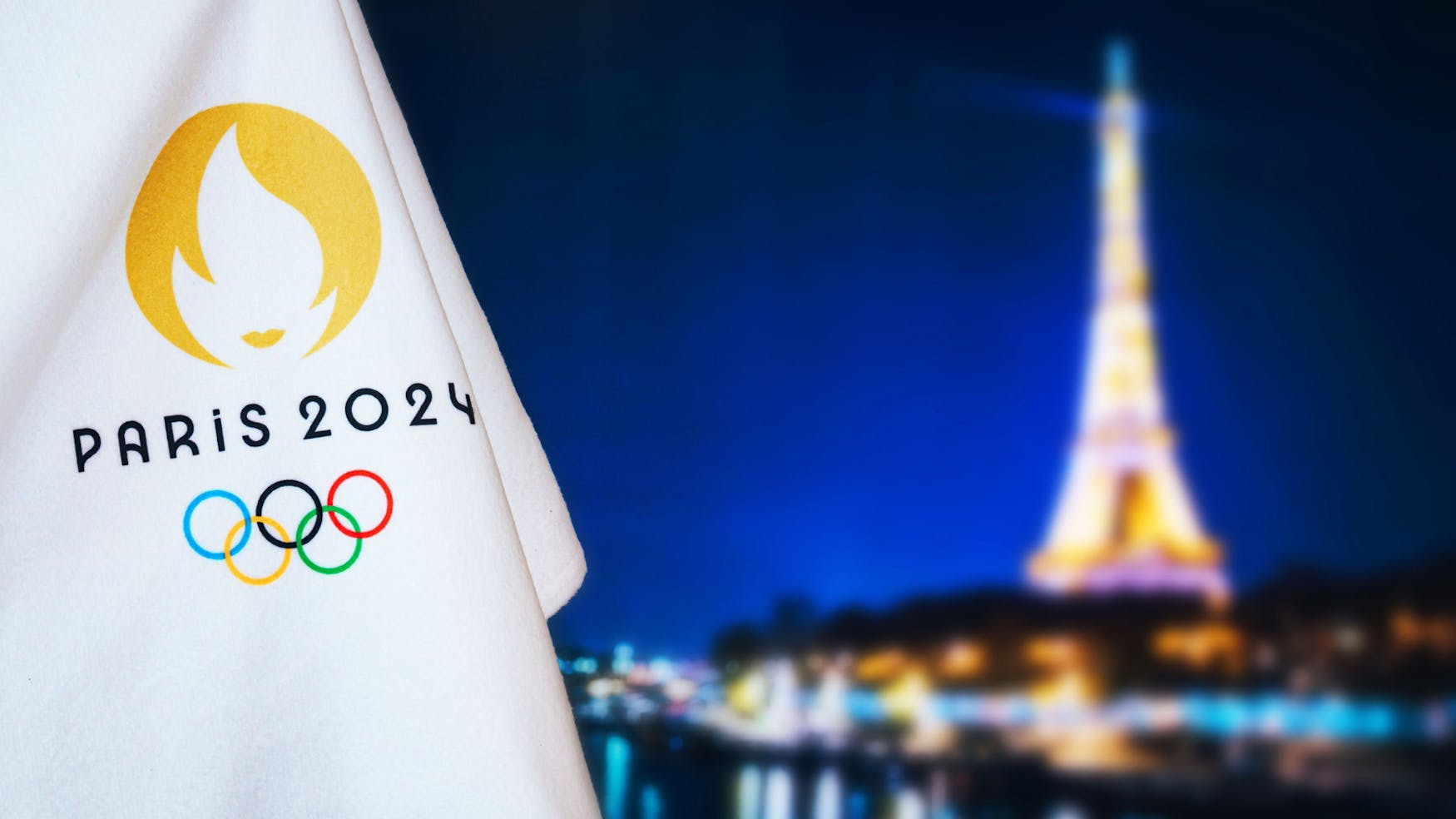The Olympic Refugee Team finds success at the Olympic Games
Refugee Cindy Ngamba, a three-time national boxing champion in the United Kingdom, secured the team its first medal.
After competing in the 2016 Rio Olympics and in the 2020 Tokyo Olympics, the International Olympic Committee Refugee Olympic Team competed in its third summer Olympic games at the 2024 Paris Olympics. Then president of the International Olympic Committee, Thomas Bach, created the team in 2015 as a response to the global refugee crisis. The first refugee team was composed of athletes from four different countries: Syria, South Sudan, Ethiopia and the Democratic Republic of Congo.
Since the Refugee Olympic Team’s creation, its mission has been to act as a symbol of hope for refugees around the world and to raise awareness of their challenges. The team gives refugee athletes a platform to compete on the Olympic level in their respective sports, despite being forcibly displaced from their country of origin. In the previous two games, the refugee team competed under the Olympic flag. This year, however, the Refugee Olympic Team will be competing for the first time under its own emblem. This emblem is made up of a “heart surrounded by various colored arrows.” This flag is meant to “represent a sense of belonging for the 100 million people who all share the story of displacement.”
In addition to providing the refugee athletes with a platform to compete internationally, the Olympic Refugee Foundation, the foundation that backs the Olympic Refugee Team, provides safe access to sports in displaced communities to almost 400,000 athletes and training for 1,600 coaches.
The 2024 Refugee Olympic Team was composed of 37 athletes. This Refugee Team is the largest to date, in which the athletes collectively represented 11 countries. These countries include Afghanistan, Cameroon, the Democratic Republic of the Congo, Cuba, Ethiopia, Eritrea, Sudan, South Sudan, Syria and Venezuela.
During the 2024 Paris Olympics, the Refugee Team competed in 12 sports ranging from several disciplines. The sports they competed in included: judo, swimming, cycling road, canoe slalom, boxing, taekwondo, badminton, athletics, canoe sprint, shooting, wrestling, breaking and weightlifting.
One standout from the Refugee Olympic Team was boxer Cindy Ngamba, who secured the team their first medal. Originally from Cameroon, Ngamba left her home at the age of 11 and relocated to Bolton, England as an illegal immigrant. In 2020, Ngamba was granted refugee status due to her sexual orientation being oppressed in Cameroon, after being repeatedly denied United Kingdom citizenship. In an Aug. 9 interview with National Public Radio, Ngamba expressed that if she was sent back to Cameroon she would be endangered due to her sexual orientation. As a result, she was “given refugee status to be safe and pro- tected.”
Ngamba was 15 years old when she first discovered boxing. During this time, she was a “three-time national champion in three weight classes” in the United Kingdom. As a result of her ongoing struggles with the United Kingdom, Ngamba contacted the IOC refugee and was selected to compete in the 2024 Paris Olympics.
By many, her win in the 2024 Paris Olympics is viewed not just as a victory for the refugee team, but also for all “120 million” people who have been forcibly displaced. After winning the bronze, Ngamba shared a similar sentiment. “I want to say to all the refugees all around the world and refugees that are not athletes, and mainly humans around the world, that you have to keep on working hard, keep on believing in yourself,” she said. “You can achieve whatever you put your mind to.” Ngamba’s historic win set a new standard of success for all future athletes competing representing the Refugee Team.
This year’s Refugee Olympic Team beat the odds and found success in the 2024 Paris Olympics, breaking records with both the size of their team and the achievement of their first medal.



Please note All comments are eligible for publication in The Justice.